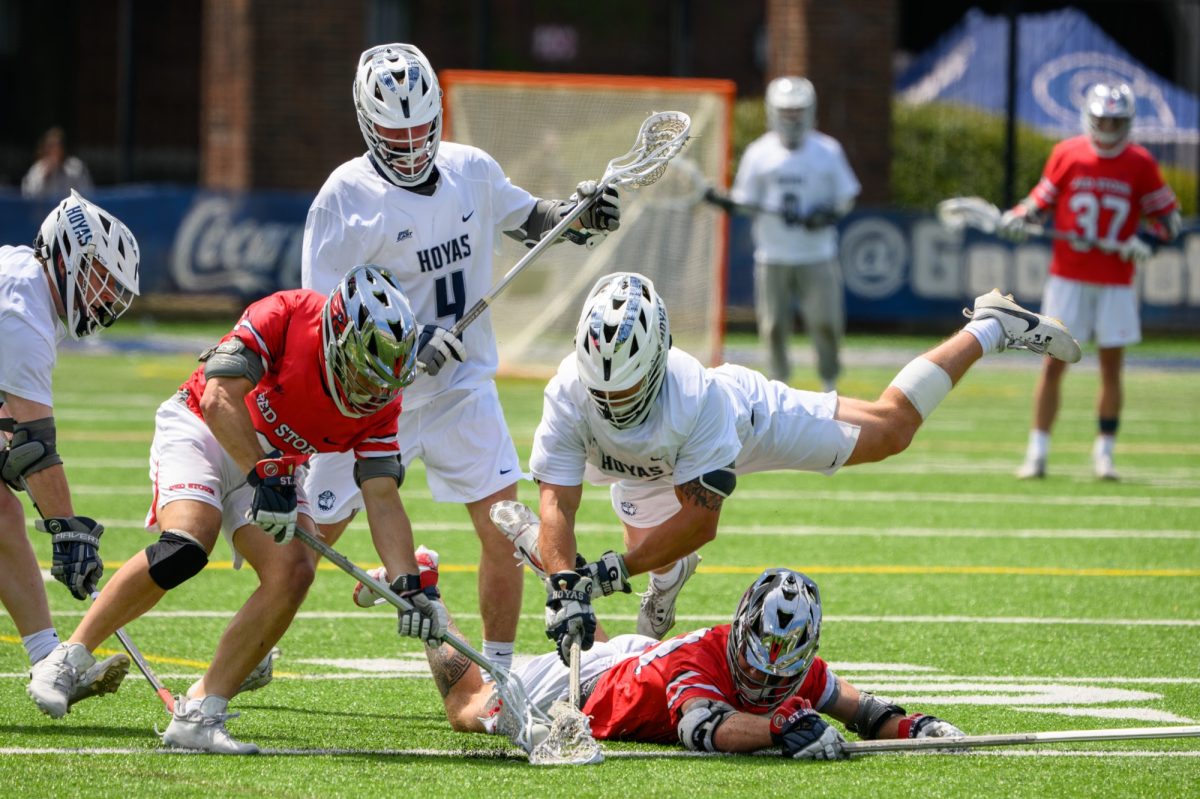Oscar Pistorius, sometimes referred to as the “Blade Runner,” became a trailblazer in addition to a track-blazer when he competed in the Olympics last month. A double amputee not content with just running in the Paralympics, Pistorius became an international icon and a hero to those with disabilities.
As his running career potentially draws to a close following the conclusion of the Paralympic Games this week, though, his legacy will go far beyond that of a worldwide hero — and such recognition will be rightfully deserved.
He will also stand in history as the man that overtly exposed the Olympic officials for their true motivations: not as the organizers of the world’s best international sporting competition but as impresarios in a multibillion dollar industry that thrives on human interest stories.
Pistorius was by no means the first “feel-good” story in the Olympics. The Olympic Games have a long legacy of athletes whose stories cause an entire nation, or even the world, to fall in love.
But Pistorius’s story is not the same as that of the other Olympic stars. This is not because of his disability, but instead because of the way officials handled his special case.
And that handling — or, rather, mishandling — has turned the story of Pistorius from an incredible triumph over adversity into an indication of how much the Olympics are now focused on storylines and ultimately television dollars.
For starters, some scientists have claimed that Pistorius’s prosthetic legs give him an unfair advantage over other competitors. This question is up in the air, although some research suggests that Pistorius does gain an advantage.
However, that debate has not been settled. Some argue that Pistorius is doing the best he can to compete given his unfortunate condition, while others, including legends like Michael Johnson, have spoken out against his inclusion.
But the debate about the advantage or lack thereof of his blades has obscured the larger issue concerning Pistorius — the fact that officials bent other rules for him.
Pistorius was added to the South African Olympic team despite not meeting their qualifying standards this season. While the South African standards are admittedly very strict compared to other nations; officials saw Pistorius as a public interest generator and allowed him on the team anyway.
Once he arrived in London, another rule was bent on Pistorius’s behalf: After his 4×400-meter relay team missed the finals due to a collision in their semifinals, the officials in London agreed to advance the South African team despite the fact that they did not qualify.
Referees are not allowed to advance a team to the finals that did not finish their semifinal race — meaning a jury was called in to advance Pistorius and his teammates.
The South African team unsurprisingly went on to finish last in the final, but NBC had another opportunity to showcase Pistorius one final time during their broadcasts.
Unfortunately for the sport of track and field, the business of the Olympics impeded the ability of officials to separate Oscar Pistorius the runner from Oscar Pistorius the story.
NBC paid $2.2 billion for the rights to the Vancouver and London Olympics. Such windfall payments put incredible pressure on — and create a massive conflict of interest for — Olympic officials, for whom more viewers will lead to even larger payouts in the future.
With that much money at stake, it would be difficult for the International Olympic Committee to convince anyone that its decision to move Pistorius’s relay team into the finals was based on anything but financial reasons. The same could be said of the South African decision to allow Pistorius to run in the Olympics.
Given the chance to display an international icon in another race, the IOC chose to sacrifice fairness for cash.
The disparity between popularity of great stories and great athletes in track and field is nothing new — or even limited to Pistorius. Pop culture made Lolo Jones, despite never winning an Olympic medal, easily the most well-known hurdler in the 2012 games.
As the sport attempts to gain mainstream popularity, it does not need its competition sacrificed and rules bent for human interest stories. At the end of the day, the best runners should be on the track, and nobody should be allowed to run in the Olympics because of interest in their stories. Not even Oscar Pistorius.
Corey Blaine is a senior in the McDonough School of Business. THE BLEACHER SEATS appears every Friday.








